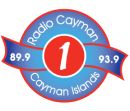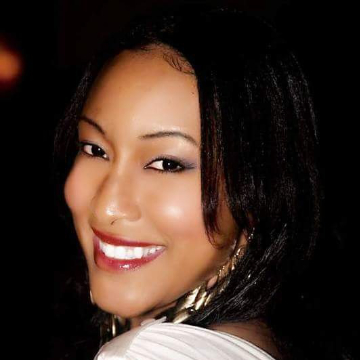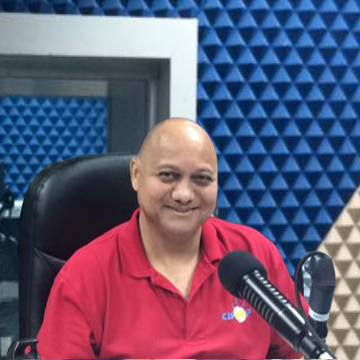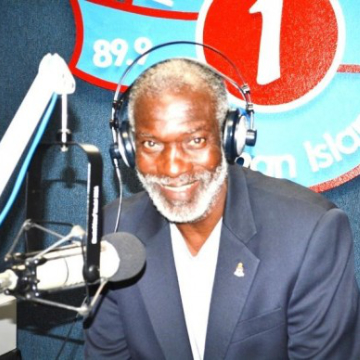News
Government Approves Blood Donor Eligibility Change
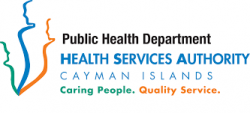
The Cayman Islands Government recently approved a change in the local blood donor eligibility policy following a review of the potential risk posed by donors who had visited or lived in countries affected by Bovine Spongiform Encephalopathy (BSE), commonly referred to as ‘mad cow disease’.
Cayman’s blood donor eligibility policy now allows persons who lived in the United Kingdom between 1980 to 2001 for a period of 3 months or longer, or who had received a blood transfusion whilst in the UK from 1980 onwards, to donate at the local blood bank. This new policy allowing these donors takes immediate effect.
An assessment of the current risk, along with existing controls for blood donors, allowed several countries to revisit similar policies. While humans cannot contract BSE, eating beef from a cow that has BSE can trigger variant Creutzfeldt-Jakob Disease, or vCJD, which causes progressive and ultimately fatal brain damage.
“The blood donor policy restrictions were necessary for the safeguarding of public health in the 1980s and beyond,” explains Chief Medical Officer, Dr. Nick Gent. “However, there have been no new cases of vCJD diagnosed in the UK among people born after the introduction of strong dietary protection measures introduced in 1989. This strongly suggests that the zoonotic transmission pathway was effectively closed in the UK over 30 years ago.”
A clinical sub-group of the Health Services Authority (HSA) considered the evidence available, which also included secondary risk through transfusion-transmission, and based on that evidence made the recommendation for the exclusion to be lifted.
In an effort to ensure that all main stakeholders were in support of this recommendation and possible change, Dr. Gent met with representatives from both Health City Cayman Islands (HCCI) and Doctor’s Hospital- the other two main users of blood and blood products on island- both of which were also in favour of the change. Dr. Gent, having reviewed the evidence himself, then also provided his own advice based on said evidence and concluded that the local rules should be updated.
- change in blood donor eligibility is a game changer,” explains Hon. Sabrina Turner, Minister for Health & Wellness. “By significantly increasing our local blood donor pool, we are reducing Cayman’s dependency on importing blood from the US and strengthening local resilience. This will be especially beneficial in times of personal and national emergencies where there may be a great demand for blood products.”
The Cayman Islands Blood Bank has welcomed the policy change. “We have always appreciated the strong donation culture of UK and European citizens, especially those residing in the Cayman Islands,” explains Dr. Lundie Richards, HSA Haematologist/Oncologist and Head of Internal Medicine. “Our staff have had to defer volunteers in the past due to concerns about transmitting vCJD through blood transfusions. However, we are extremely pleased that we are now able to accept more donations without compromising safety. And, as always, the Blood Bank will continue to prioritise safety by screening and thoroughly testing all donated blood.”
There are some basic requirements one needs to fulfil in order to become a blood donor, including (but not limited to):
- New donors between the ages of 18 and 60 (existing donors up to 70)
- Weigh at least 50 kg.
- Be in good health at the time you donate.
- Cannot donate if ill/ unwell (cold, flu, sore throat, cold sore, stomach bug or any other infection)
- Tattoos and piercings: cannot donate within 6 months from the date of the procedure.
- Meet the minimum haemoglobin level for blood donation (a test will be done prior to donation to determine this).
- Temporary deferral if traveled to areas where mosquito-borne infections are endemic, e.g. malaria, or active transmission of dengue and Zika virus infections.
Donations can be made Monday- Friday, 7am-6:30pm, and Saturday 9am-5:30pm at the Cayman Islands Blood Bank located at the George Town Hospital. For more information and to book an appointment please visit www.bloodbank.ky or call 244-2674. Walk-ins welcome.
